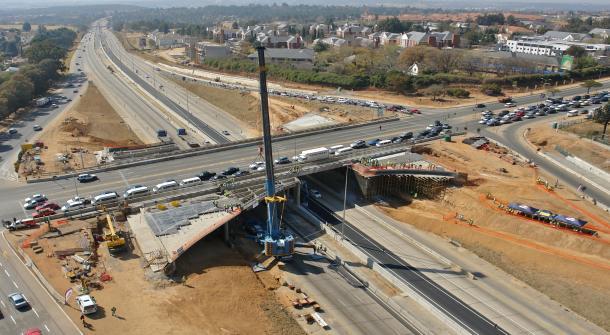Accra October 17, 2015. Public Diplomacy and Regional Security Initiatives New. By Matthew Mpoke Bigg. Africa should press ahead with plans to develop its transport and energy networks despite a recent slowdown in GDP growth because better infrastructure is key to long term development, the head of the World Bank said on Friday.
To that end, governments need to maintain macro-economic stability to attract capital that remains willing to commit to the continent even though investment in emerging markets is at its lowest level in around 35 years, said Jim Yong Kim.
Gross domestic product growth in sub-Saharan Africa in 2015 is expected to stand at 3.7 percent, its lowest level since 2009 and lower than the average growth rate of the last two decades, according to World Bank figures.
The continent’s commodities producers, such as Ghana, have been especially hard hit by lower global prices and there is a real danger over-production, he said.
At the same time, a surge in Africa’s population makes it imperative for countries to put their economies on a sound footing if they are going to absorb young people entering the labour market in the decades ahead.
“Right now we have to do everything we can to bring together the bankable (infrastructure) projects that even in a period of low growth will attract private investors,” Kim told Reuters.
He singled out hydro-electric power as an area of particular opportunity.
“If governments move right now, quickly, in enacting the kinds of structural reforms they need to enact, the investments will continue to flow,” he said, before the launch of a World Bank report on ending extreme poverty.
The Bank’s Global Infrastructure Facility aims to promote private-public partnerships to mobilize private sector and institutional investor capital for big projects. But developing infrastructure can also be done relatively cheaply.
Kim cited the example of East Africa, where transport times along the road corridor that runs from Rwanda through Uganda to the Kenyan port of Mombasa were reduced by 50 percent when governments removed barriers to movement.
Governments can also play a role in investing in health, education and improving the business environment, since up to 95 percent of jobs in developing countries are created by the private sector, he said.

Leave a Reply